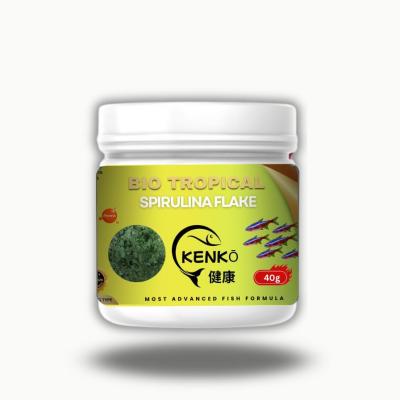
Add your review
Your email address will not be published. Required fields are marked *
Please login to write review!
Looks like there are no reviews yet.
869710371724/7 Support Center
The crystalwort, Riccia fluitans, is known as a floating plant since the early days of the aquarium hobby. Especially Takashi Amano has inspired many aquarists to keep Riccia also submerged as a ground cover, tied with a line to stones. However certain types from the Riccia fluitans species group are more suitable for that than others. The form that is nowadays most commonly available does not easily float up to the surface and forms large cushions of long, thin thallus branches under water in a short time. Another form with similarly long but wider branches is sold by us as Riccia fluitans “Broad”.
Submerged Riccia fluitans grows best with rather intense lighting, CO2 addition and good nutrient supply via the water column. Under good conditions, oxygen bubbles will form on the branch tips. This liverwort can be tied with a line (e.g. ADA Riccia Line) to hardscape material such as stones (e.g. ADA Riccia Stone) or driftwood. Ceramic moss pads with stainless steel grid are another easy way to lay a Riccia lawn. Every snippet will sprout. The crystalwort often settles between other ground-covering plants and mosses. The Riccia cushions need to be trimmed with scissors from time to time.
A light green Riccia lawn full of silvery oxygen bubbles gives a spectacular sight in the aquarium. Used as a floating plant, Riccia fluitans also provides a great protection for fish fry.
Riccia fluitans aka crystalwort is a floating plant found in all the world. It was scientifically described and catalogised as early as 1753 by Linnaeus, however, Takashi Amano from Japan was the first to keep it submersed in his nature aquaria, using it as an epiphyte by tying it to wood and rocks with a thin fishing line. Thus, Riccia became one of the most favourite plants of plant aquaristis. Meanwhile it has found its way into most plant dealers’ product catalogues. There are four different varieties (originating from Japan, Europe, Thailand and Singapore), however, only the variety from Japan is suitable for submersed cultivation.
Your email address will not be published. Required fields are marked *
Please login to write review!
Looks like there are no reviews yet.